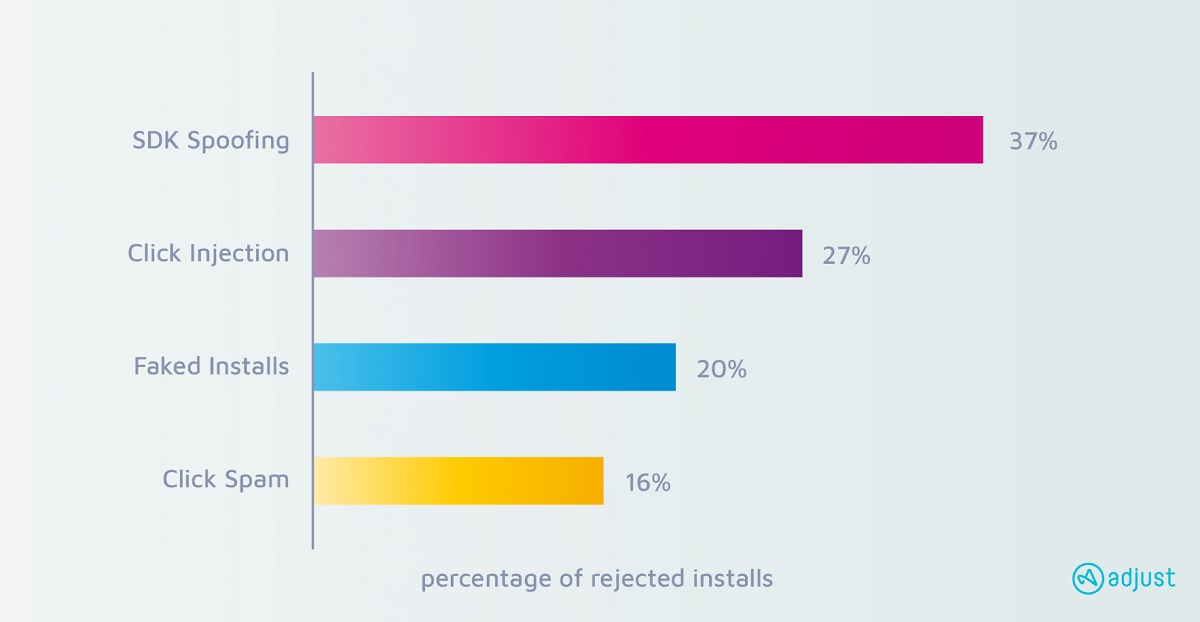Mobile ad fraud rates nearly doubled in 2018 compared to a year earlier, according to a new report from mobile measurement company Adjust. Ecommerce is the category of mobile advertising that is most affected, followed by mobile games.
Berlin-based Adjust said it’s no surprise that mobile ad fraud is on the rise. About 7.3 percent of all paid installs — the user downloads that are triggered by paid advertising — were rejected as fake by Adjust’s fraud prevention tools.

Unlock premium content and VIP community perks with GB M A X!
Join now to enjoy our free and premium membership perks.
![]()

![]()